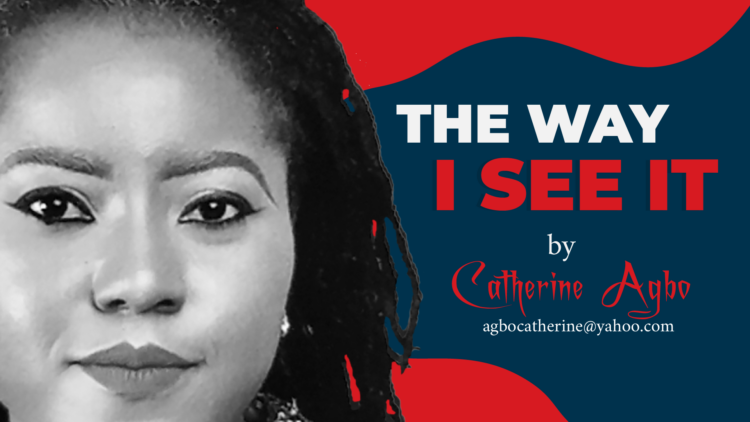When the two houses of the National Assembly harmonised their positions and passed Clause 84 of the Electoral Act (amendment) Bill to allow political parties use either of direct, indirect or consensus modes for the conduct of primaries, not a few person thought it would brew problem, especially the consensus option.
It is still early in the day but the signs are already ominous.
A little background. On January 5, President Muhammadu Buhari in an interview with Channels TV had suggested that the consensus option be included in the Electoral Act as one of the ways political parties can select their flagbearers. It was shortly after this that the National Assembly added it as one of the options in the Electoral Bill.
While many said this was done to please thàe executive arm of government, particularly president Muhammadu Buhari, the amendments provided the opportunity for other important provisions such as electronic transmission of votes in the Bill.
Clause 84 of the Bill states that “A political party that adopts a consensus candidate shall secure the written consent of all cleared aspirants for the position, indicating their voluntary withdrawal from the race and their endorsement of the consensus candidate. The Clause further states that “Where a political party is unable to secure the written consent of all cleared aspirants for the purpose of a consensus candidate,it shall revert to the choice of direct or indirect primaries for the nomination of candidates for the aforesaid elective positions.”
While the consensus option may seem appealing, given the clear requirements the political parties must meet for consensus to be deemed to have been reached, the way I see it, it is undemocratic, considering the nature of politics in Nigeria.
For starters, consensus as I see it subverts popular will and strips the electorate of the power to choose their preferred candidates. It has the potential to breed infighting as party members will also lose the power to nominate candidates as that would have been determined by the godfathers and other ‘stakeholders’ in the party.
Over the years, what our democracy has witnessed at primary elections is a select group of people called delegates, who the aspirants must do everything within and without their means to please,in order to be considered as the party’s flagbearer. With the consensus arrangement, even the much disliked delegates no longer have a chance.
Consensus is already causing problems withing the Peoples Democratic Party (PDP).
The party, in Benue State, after series of elimination processes, resolved that only one senatorial zone and one local government were qualified to field candidates for the governorship and all others had had their turn.
It was agreed that it was the turn of Vandeikya local government in the Tiv speaking area and the Idoma, who had never had a shot at it.
Consequently, incumbent Speaker of the Benue State House of Assembly, Titus Uba, from Vandeikya was selected as the consensus candidate for the Tiv speaking areas while incumbent deputy governor, Benson Abounu is consensus candidate for the Idoma.
The choice of Uba was met with serious criticism even within his party, even as some of the aspirants have yet to agree with the choice.
One of the consequences of a consensus arrangement that everyone does not agree to is that it causes people to remember long forgotten things.
After he was schemed out of the governorship contest by the consensus arrangement, former Chief of Staff to the governor, Terwase Orbunde, suddenly had a brain wave and remembered that he had invested N160 million in the campaign of his principal, Governor Samuel Ortom and now wants it back since he no longer works for him.
Orbunde who was Chief of Staff for nearly seven years wants to be able to get a home for his family with the money the governor ‘owes’ him but the governor has denied ever receiving such money from Orbunde at any time.
Consensus also leads to issuing of threats.
Governor Ortom, in the wake of the internal opposition to the choice of Uba had threatened his appointees to either support the choice or resign.
Consensus also breeds dissent.
Some of the aspirants who were schemed out have already bought the expression of interest and nomination forms and have been cleared by the party to contest the primary election.
In Oyo State, other aspirants have rejected the PDP’s consensus candidates for state and national assembly, and have petitioned the party leadership.
If political parties are interested in true democracy, they should be able to tell by now that consensus is not the way to go and will do no one any good.
It is just another way by the political elite, godfathers and stakeholders to circumvent democracy and impose candidates on the people.
Any process that does not allow the people to choose their leaders, devoid of manipulation, cannot be said to be democratic.
Aspirants should be allowed to go into the primaries to test their popularity it is only by so doing that the people will be deemed to have made their choices.









